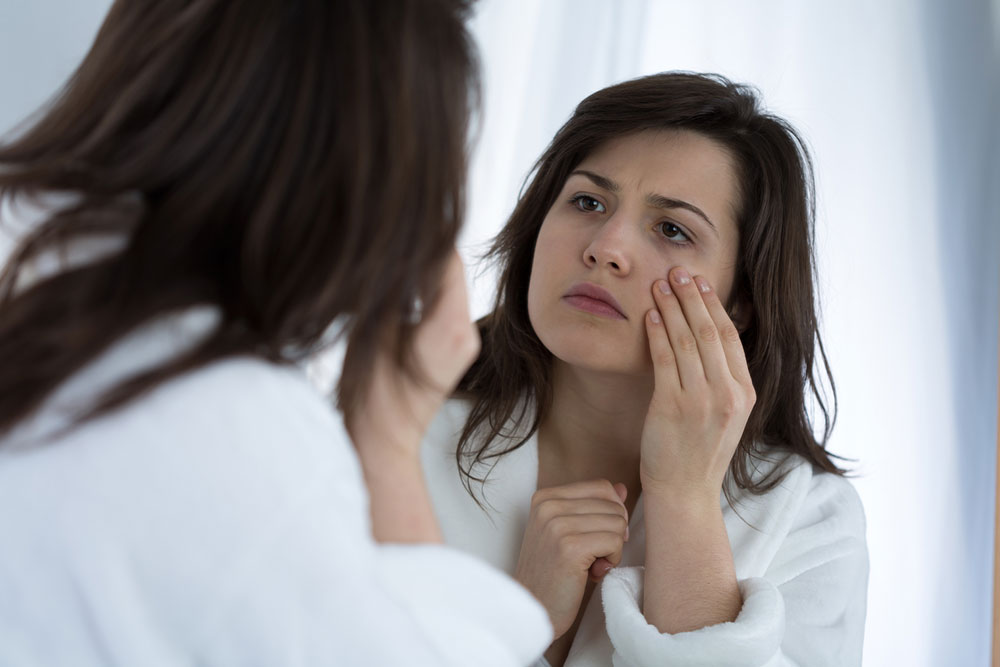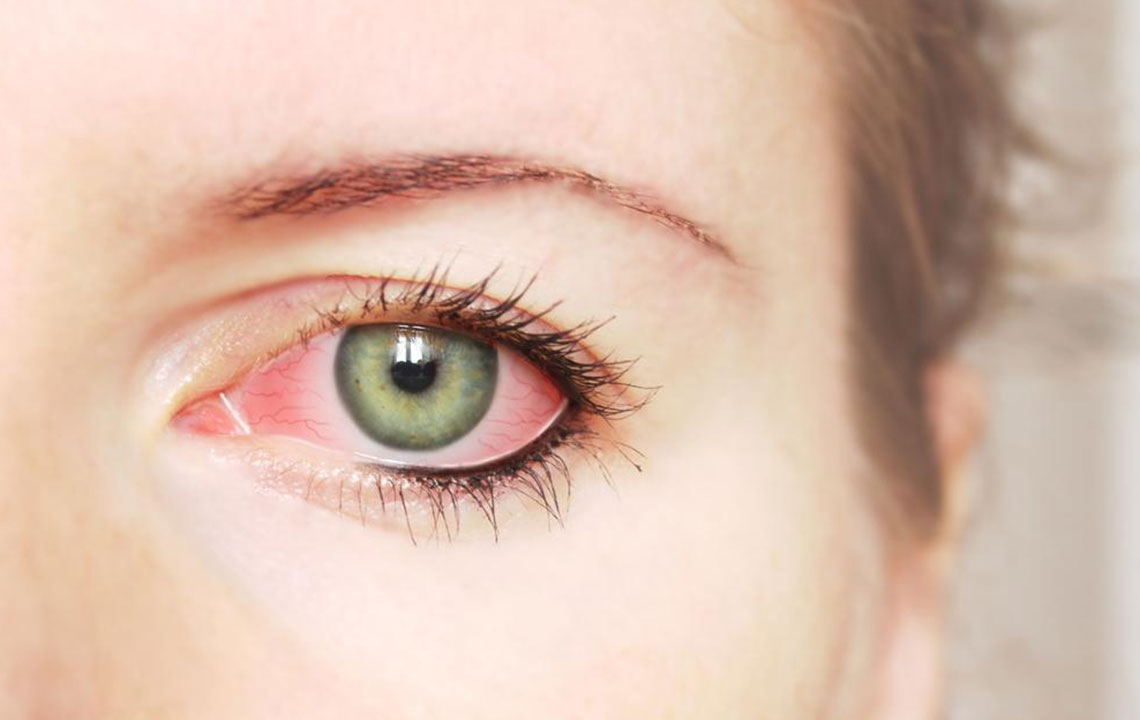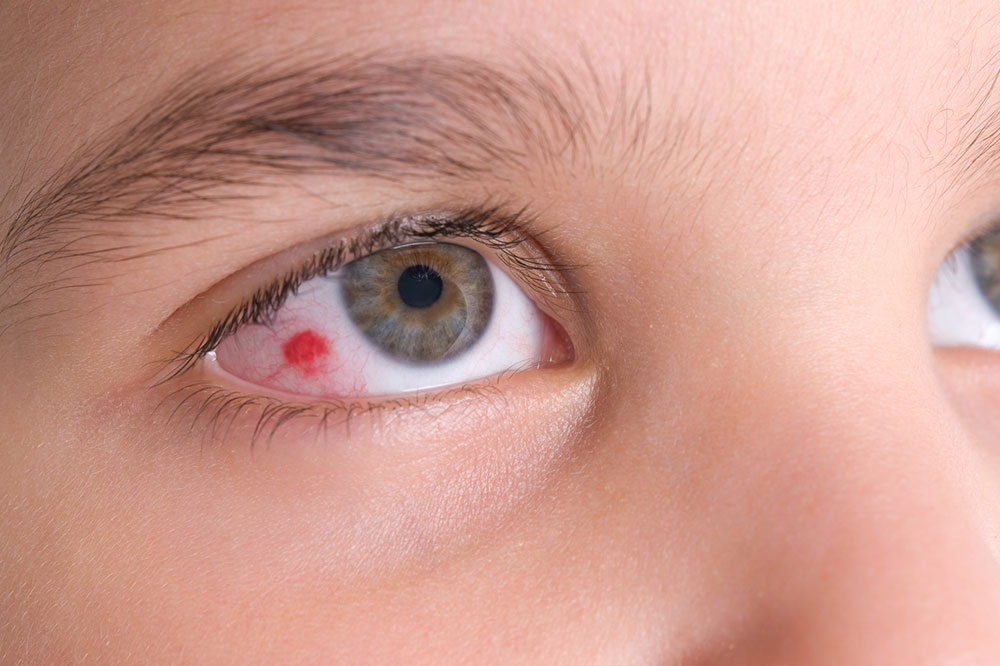Common Eye Conditions and Their Signs
Learn about common eye conditions including eyestrain, redness, night blindness, conjunctivitis, cataracts, glaucoma, and presbyopia. Discover their symptoms, causes, and importance of routine eye examinations to maintain optimal eye health and prevent vision loss.

Many individuals experience eye issues at some point in their lives. Some conditions can be managed at home, while others require professional medical attention. The eyes are intricate organs that depend on the coordinated effort of multiple components to deliver clear vision. Maintaining good eye health involves ensuring all parts function properly.
Below are some prevalent eye disorders along with their signs and symptoms.
1. Eye Fatigue
Prolonged reading, extensive computer use, or long-distance driving can strain your eyes.
Like any body part, eyes can become tired and need rest. Symptoms include:
Sore, tired, burning or itchy eyes
Watery or dry eyes
Blurred or double vision
Headache
Neck, shoulder, or back pain
Sensitivity to bright light
Difficulty focusing
Inability to keep eyes open
2. Bloodshot Eyes
Persistent redness in the eye's surface results from irritated or infected blood vessels. Causes range from allergies and sleep deprivation to dry eyes and internal injuries. It may also indicate conjunctivitis.
Symptoms include:
Gritty feeling
Burning sensation
Occasional blurred vision
Heavy eyelids
Inability to produce tears
Eye fatigue
Stringy discharge
Discomfort with contact lenses
3. Night Vision Problems
Difficulty seeing in darkness or in low-light conditions could be due to night blindness, caused by sun exposure or diabetes. Related issues include cataracts, vitamin A deficiency, or certain surgeries.
Signs include:
Poor vision in dim lighting
Struggles during night driving
Slow adaptation to changing light levels
4. Conjunctivitis
This inflammation affects the tissue lining the eyelids and sclera and can occur at any age due to infection, allergies, or chemical exposure.
Symptoms encompass:
Redness of the white eye
Eyelid swelling
Itching or burning sensation
Enlarged lymph nodes near the ear
Excess tear production
Clear or whitish drainage, often in the morning
5. Cataracts
Cataracts involve clouding of the eye’s natural lens, obstructing light passage to the retina, which results in foggy or blurred vision. They develop gradually and can impair activities like reading or night driving.
Symptoms include:
Blurred or cloudy vision
Difficulty seeing at night
Sensitivity to light and glare
Need for brighter illumination
Halos around lights
Frequent prescription changes
Color fading or yellowing
Double vision in a single eye
6. Glaucoma
This group of eye disorders damages the optic nerve, often due to increased intraocular pressure. Usually symptomless initially, it can lead to vision loss if untreated. Causes include injury, blood vessel blockages, and inflammation.
Signs of open-angle glaucoma:
Patchy blind spots
Tunnel vision in advanced stages
Signs of acute angle-closure glaucoma:
Severe headache
Eye pain
Nausea and vomiting
Blurred vision
Halos around lights
Red eyes
Untreated glaucoma can cause blindness; early detection through routine exams is vital.
7. Presbyopia
This age-related condition makes it difficult to focus on close objects, even with good distance vision. Symptoms include eye strain, headaches after close work, and needing brighter light for reading.
Understanding these common eye issues, their causes, symptoms, and treatments emphasizes the importance of regular eye check-ups to prevent or manage conditions effectively.










